Track Your Oxygen Levels: Free Pulse Oximeter Readings Chart PDF
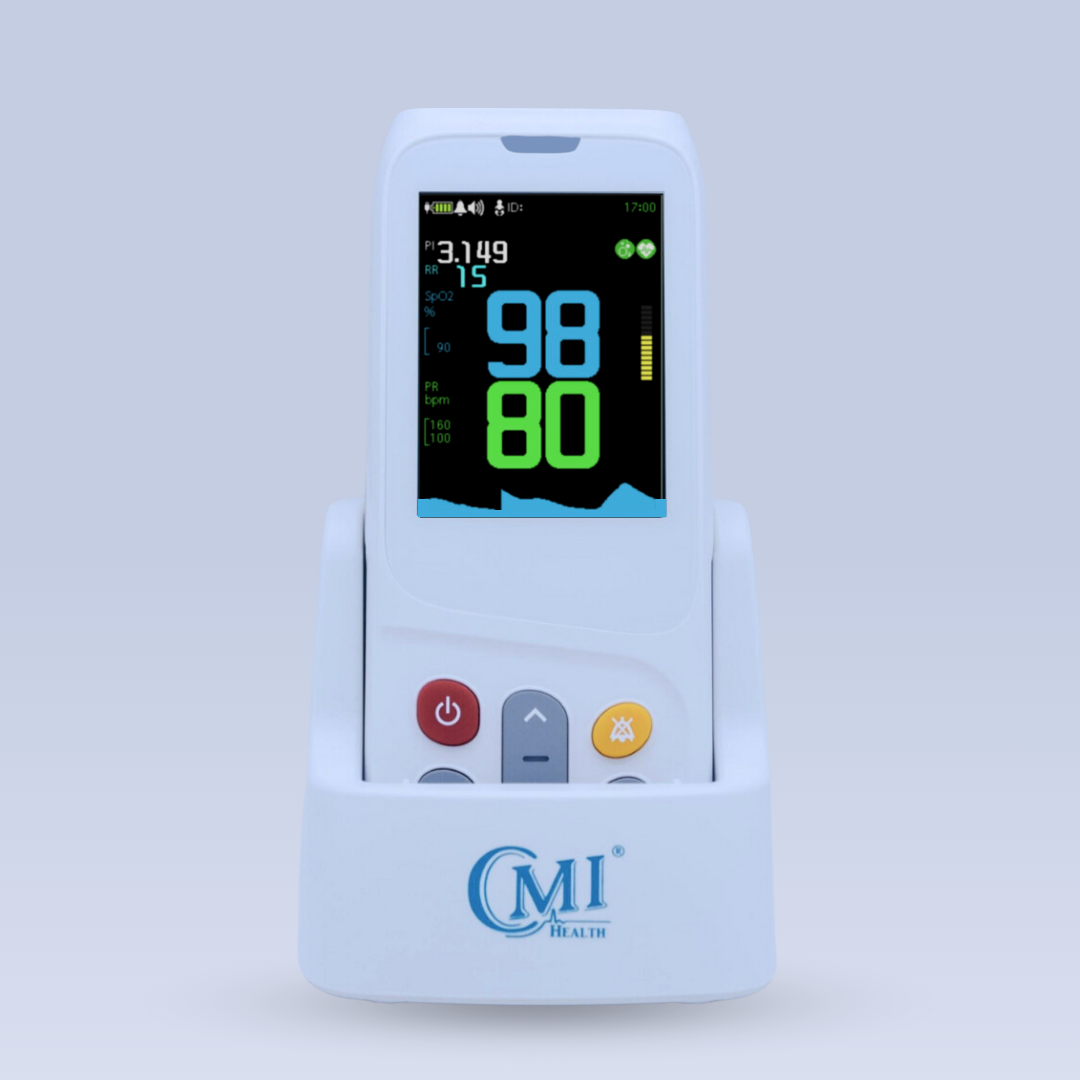
Easily log your SpO₂ and heart rate with this editable and printable PDF.
Monitoring your oxygen saturation and heart rate regularly can provide valuable insight into your health—especially if you're managing a respiratory condition or just want to stay ahead of potential concerns.
To help you organize your results and notice trends over time, we’ve created a fillable PDF you can use daily to track your pulse oximeter readings.
What a Pulse Oximeter Measures
A pulse oximeter is a compact, non-invasive device that provides two key readings:
-
SpO₂ (Oxygen Saturation): The percentage of oxygen-carrying hemoglobin in your blood.
-
Pulse Rate (BPM): Your heart rate in beats per minute.
CMI Health’s Rechargeable Handheld Oximeter CH-100
These numbers can vary throughout the day, depending on activity, rest, or underlying health conditions. Tracking them over time helps you notice patterns—not just isolated numbers.
If you're unsure what each reading means, check out our guide:
Normal Readings on a Pulse Oximeter.
How to Determine Your Baseline Reading
Before you start tracking changes, it’s helpful to know your baseline—your typical oxygen level and pulse rate when you’re at rest and feeling well.
To find it:
-
Take readings at the same time each day, ideally when you're relaxed (e.g., just after waking or sitting calmly).
-
Record your results over three to five days.
-
Use the average of those readings as your baseline.
There’s space at the top of the downloadable chart to record this for future comparison.
Free Editable Pulse Oximeter Readings Chart (PDF)
This chart is designed to help you monitor your readings over time in a clear, structured way.
Download the editable PDF here.
What’s Included:
-
Patient information (Name, Date of Birth, Age, Baseline Reading)
-
A tracking table with space for:
-
Date and Time
-
Heart Rate (BPM)
-
Oxygen Level (%)
-
Temperature (°F)
-
Gauge (Better / Worse / Same)
-
Notes (e.g., symptoms, activity)
Understanding Your Readings at a Glance
Here’s a general reference for what your oxygen levels might indicate:
When to Consider Continuous Monitoring
If you're managing a long-term condition, recovering from illness, or monitoring your oxygen levels during sleep or activity, pulse oximeter continuous monitoring may be worth considering.
Unlike spot checks, continuous monitoring:
-
Automatically logs readings over time
-
Can detect overnight drops in oxygen saturation
-
Reduces the need for manual data entry
-
Helps highlight patterns and red flags more easily
Looking for a way to visualize sleep-related changes in oxygen and pulse? The AsthmaGo™ app may help.
Read our article about using AsthmaGo™ to track your sleep.
Explore CMI Health’s Monitoring Tools
Tracking your pulse oximeter readings doesn’t have to be complicated. With the right tools—and a bit of consistency—you can start noticing trends and having more informed conversations with your healthcare provider.
CMI Health offers a range of easy-to-use devices and digital tools to help you take control of your respiratory health.
Download the editable Pulse Oximeter Readings Chart (PDF)
Then explore our entire collection of health monitoring devices here to find the tools that work for your needs.




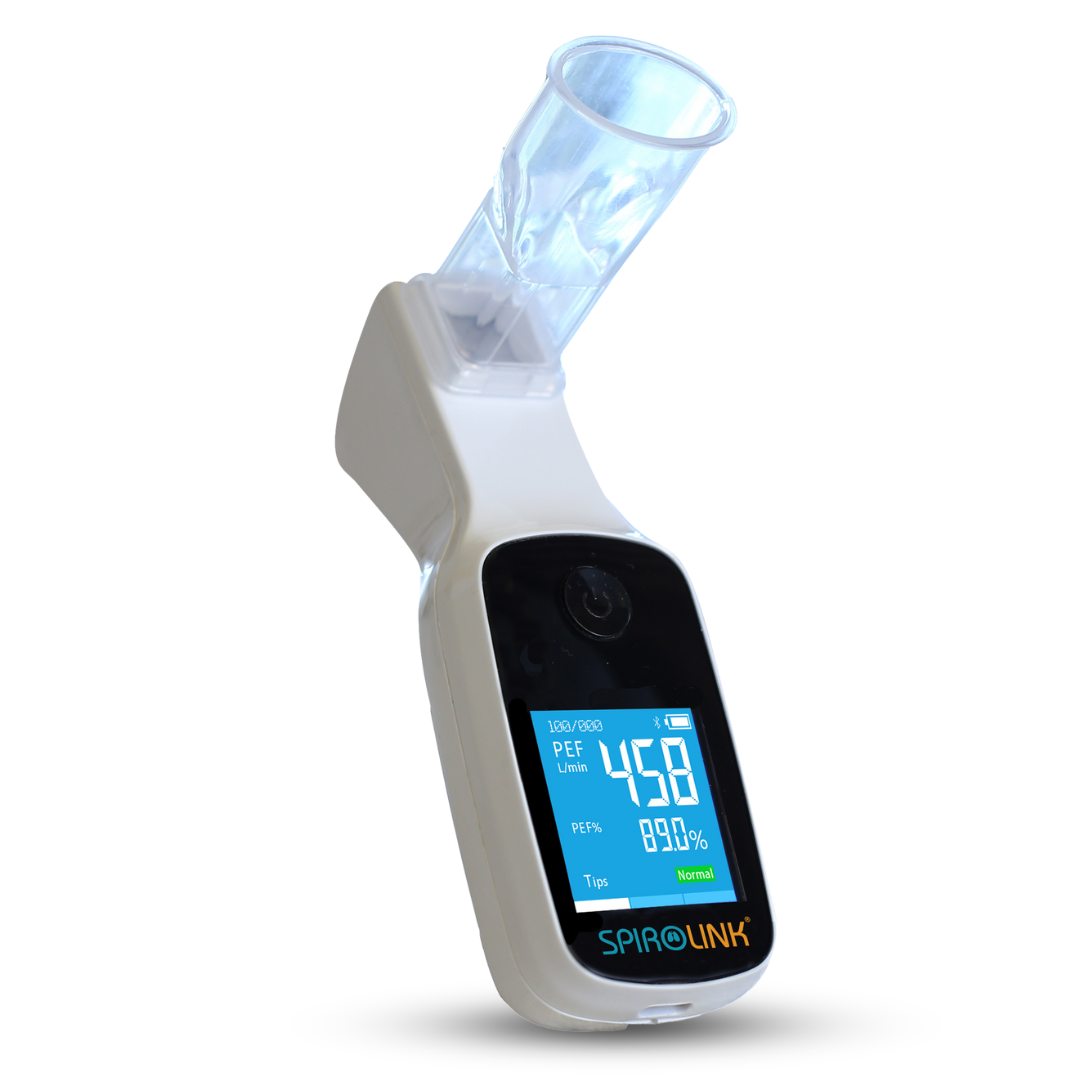
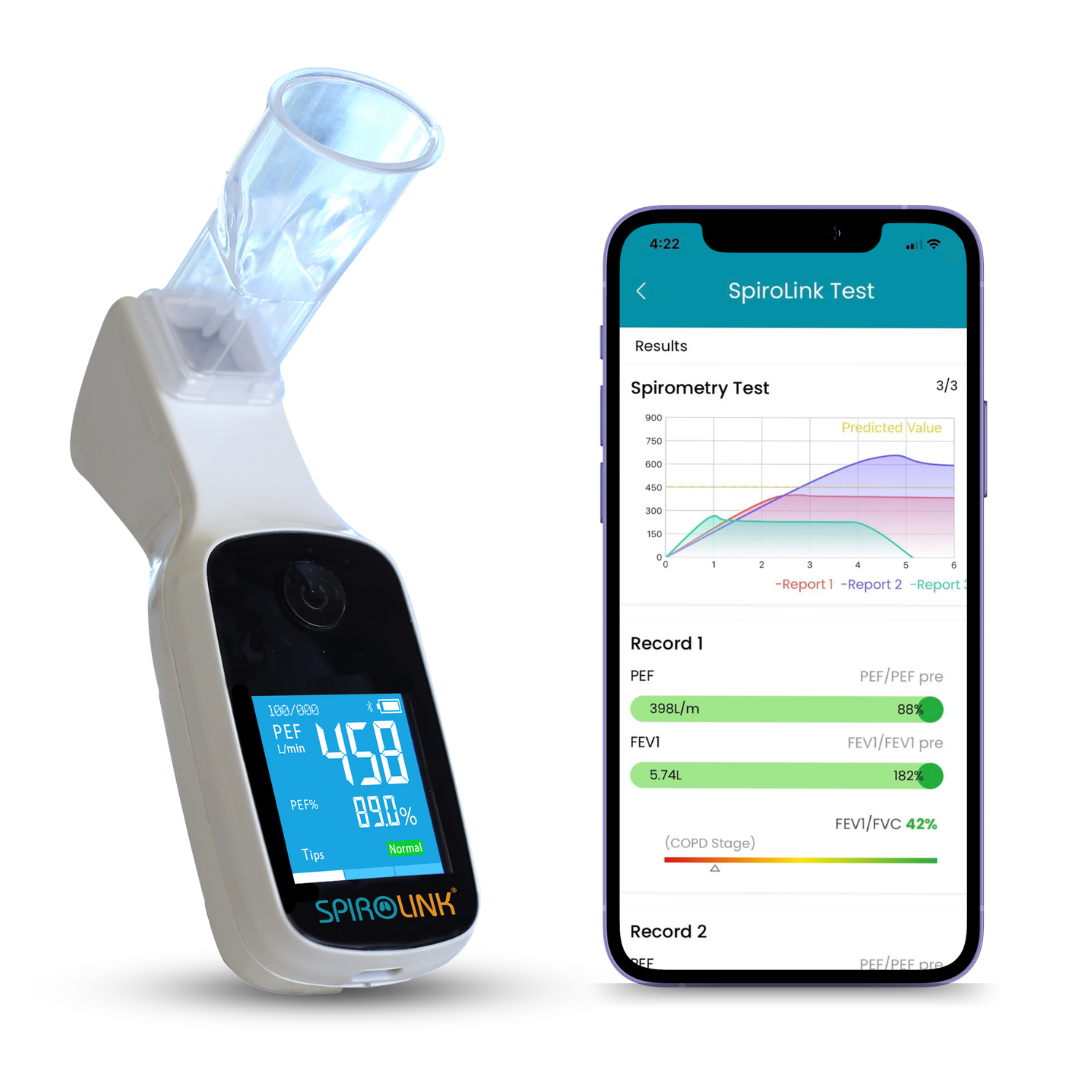
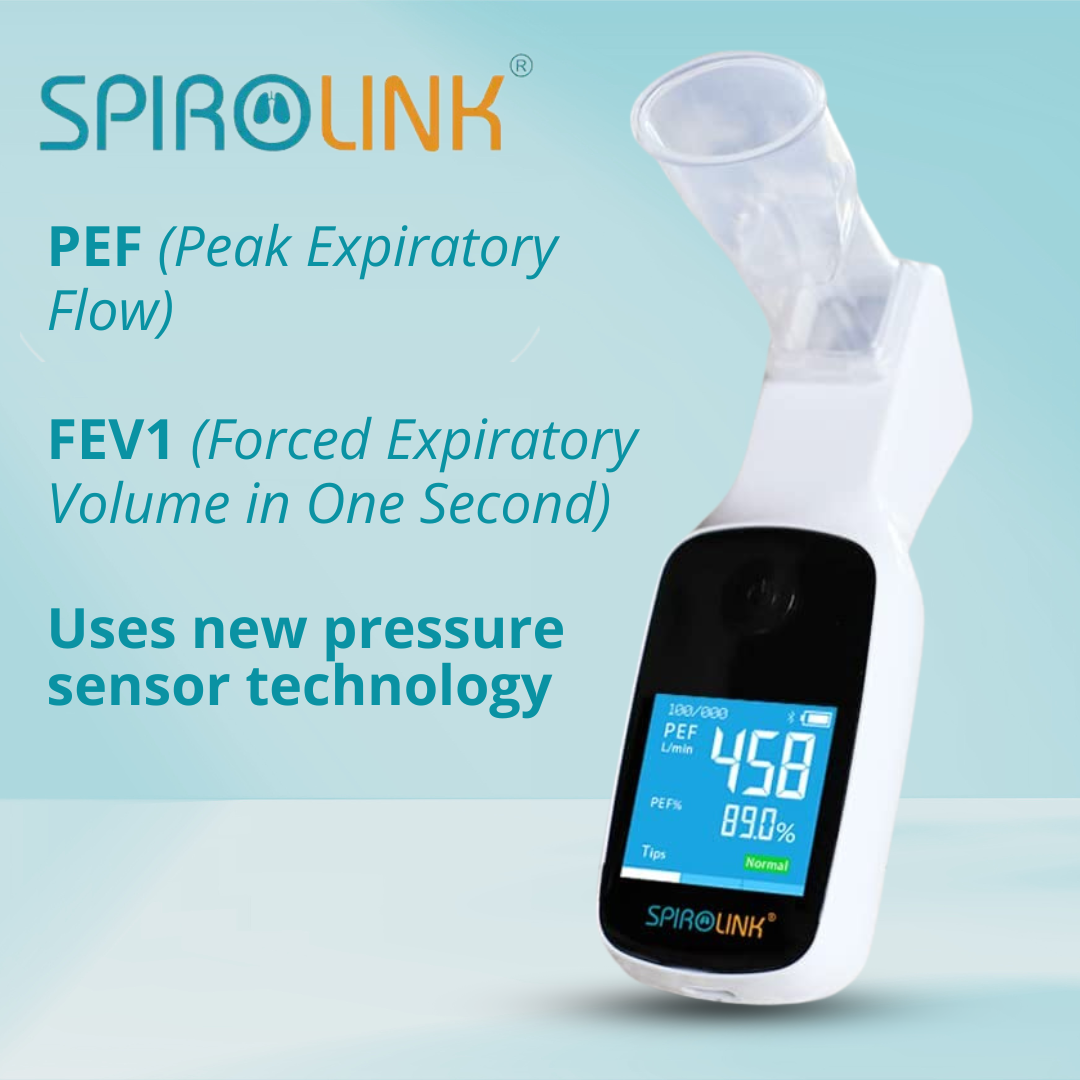
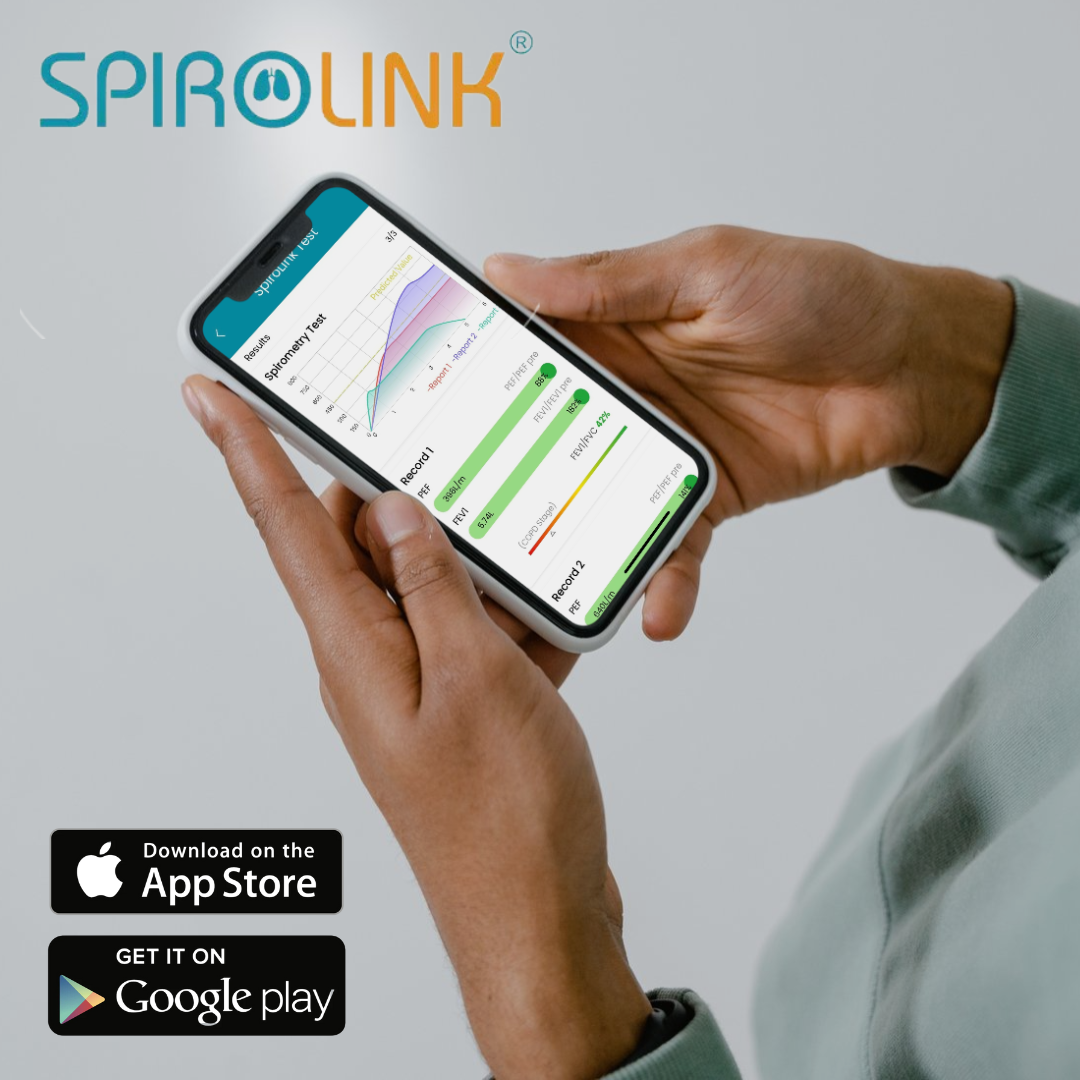
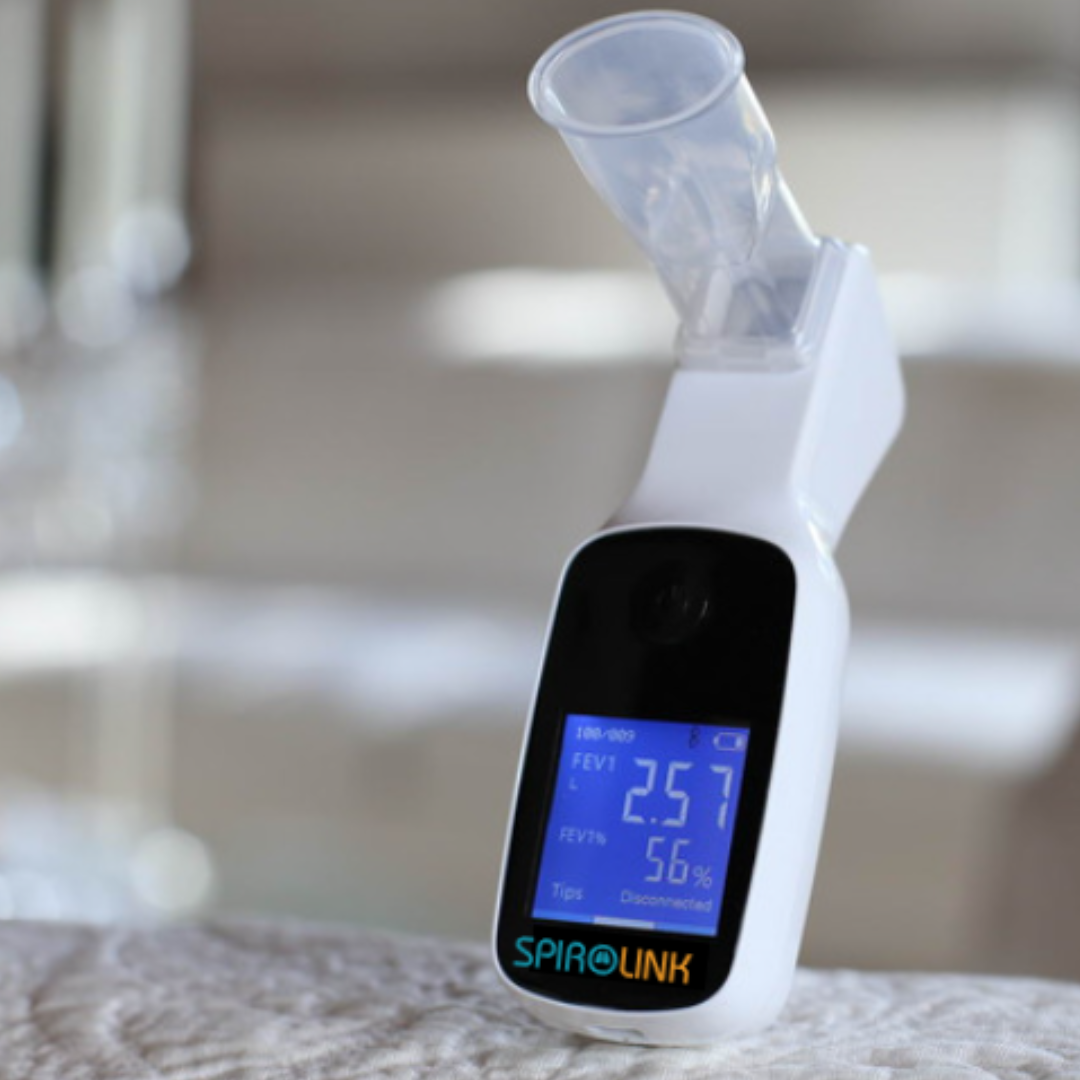
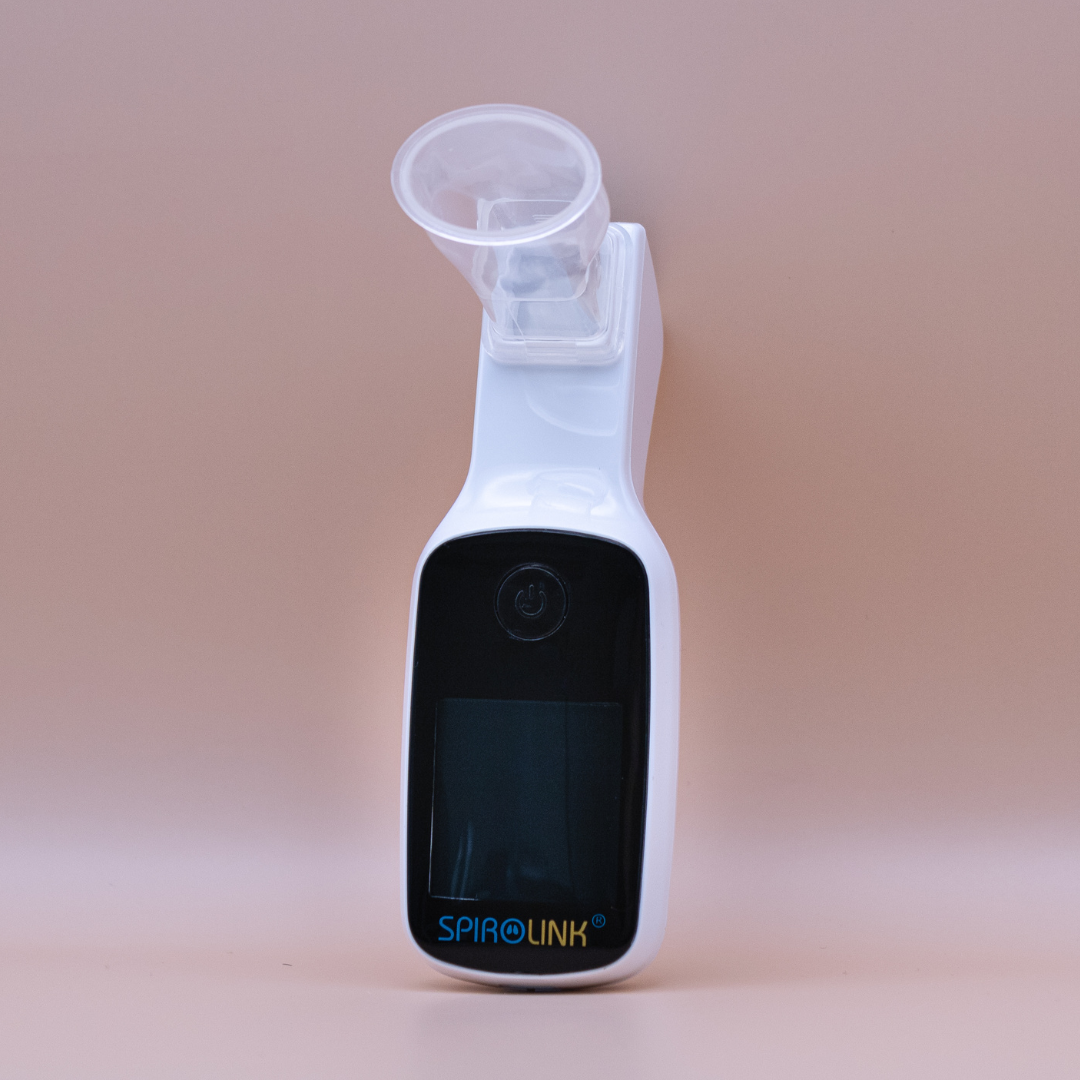

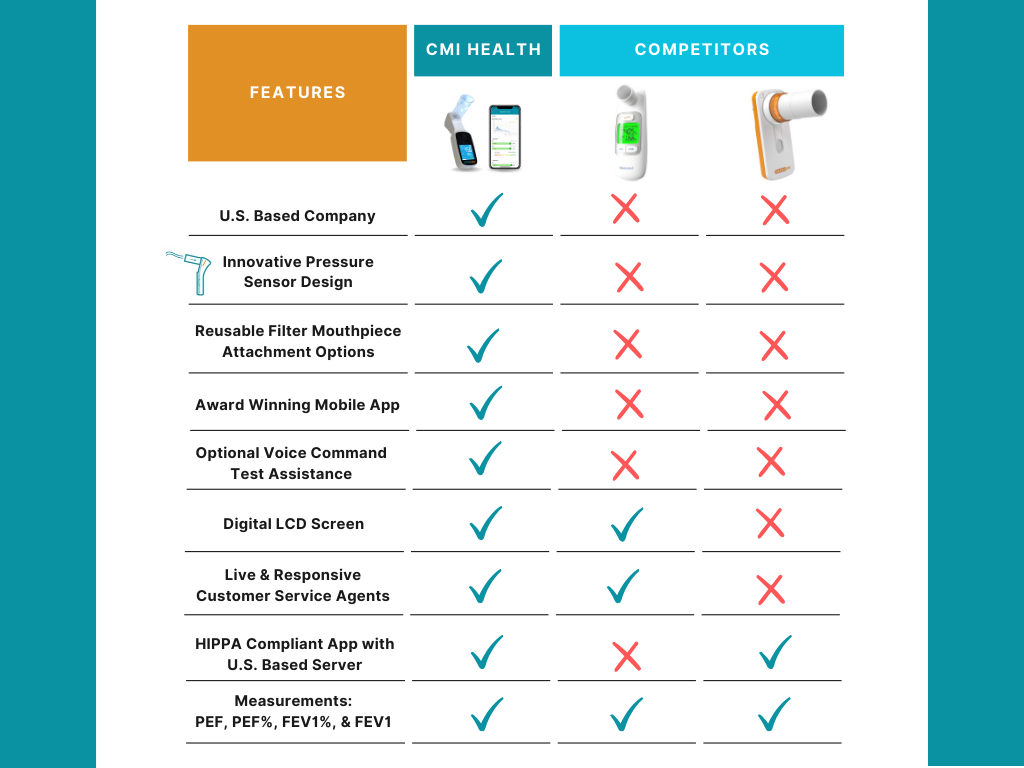
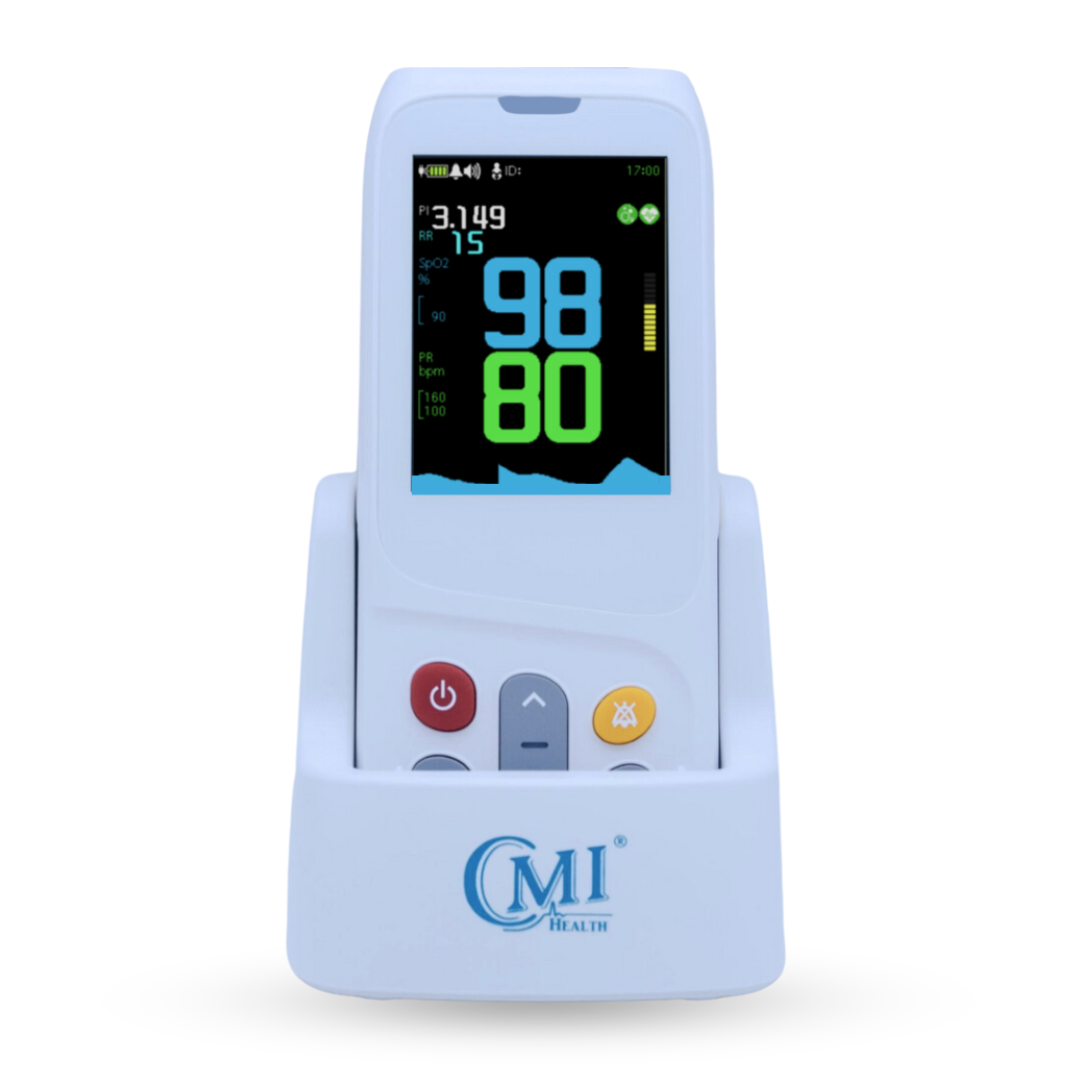
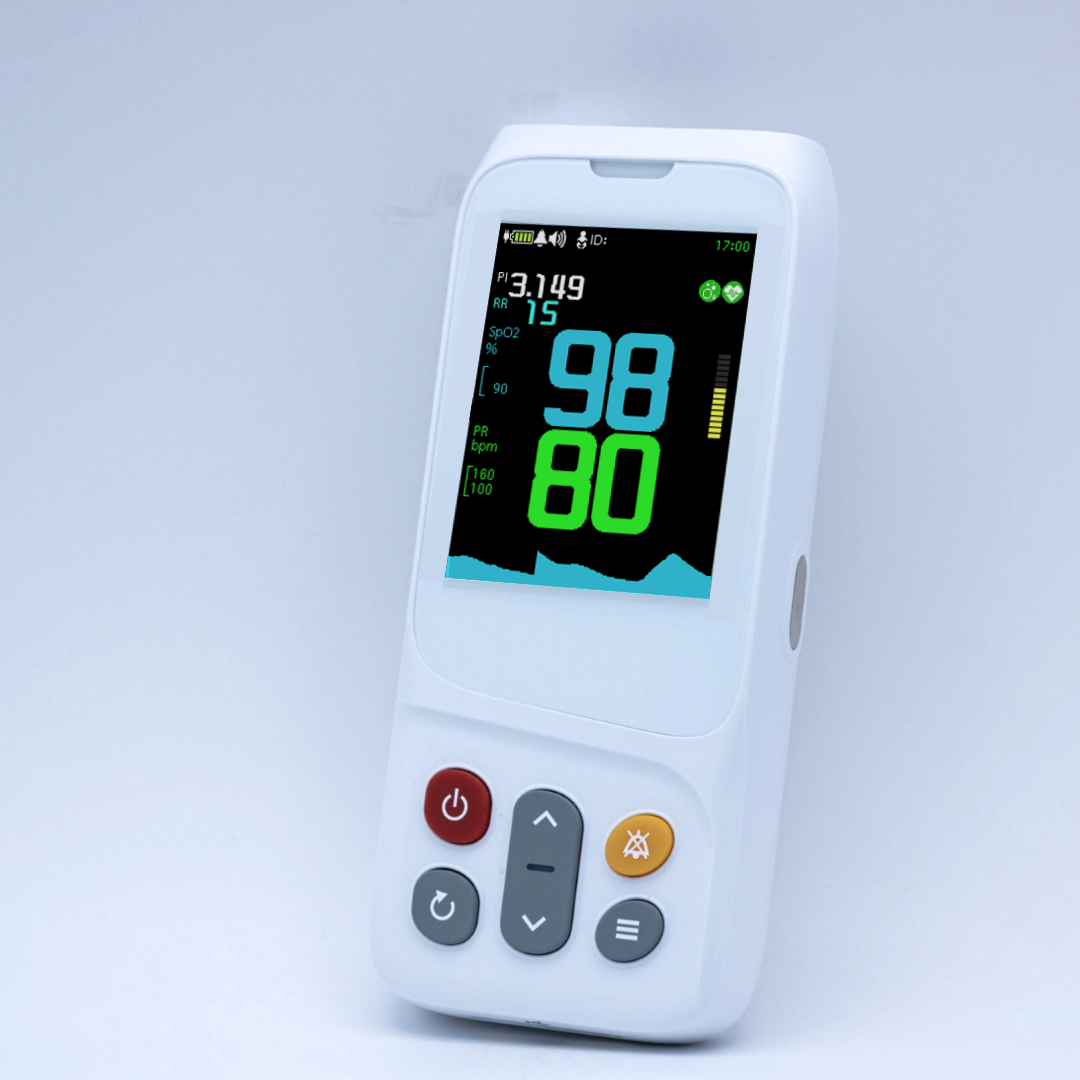
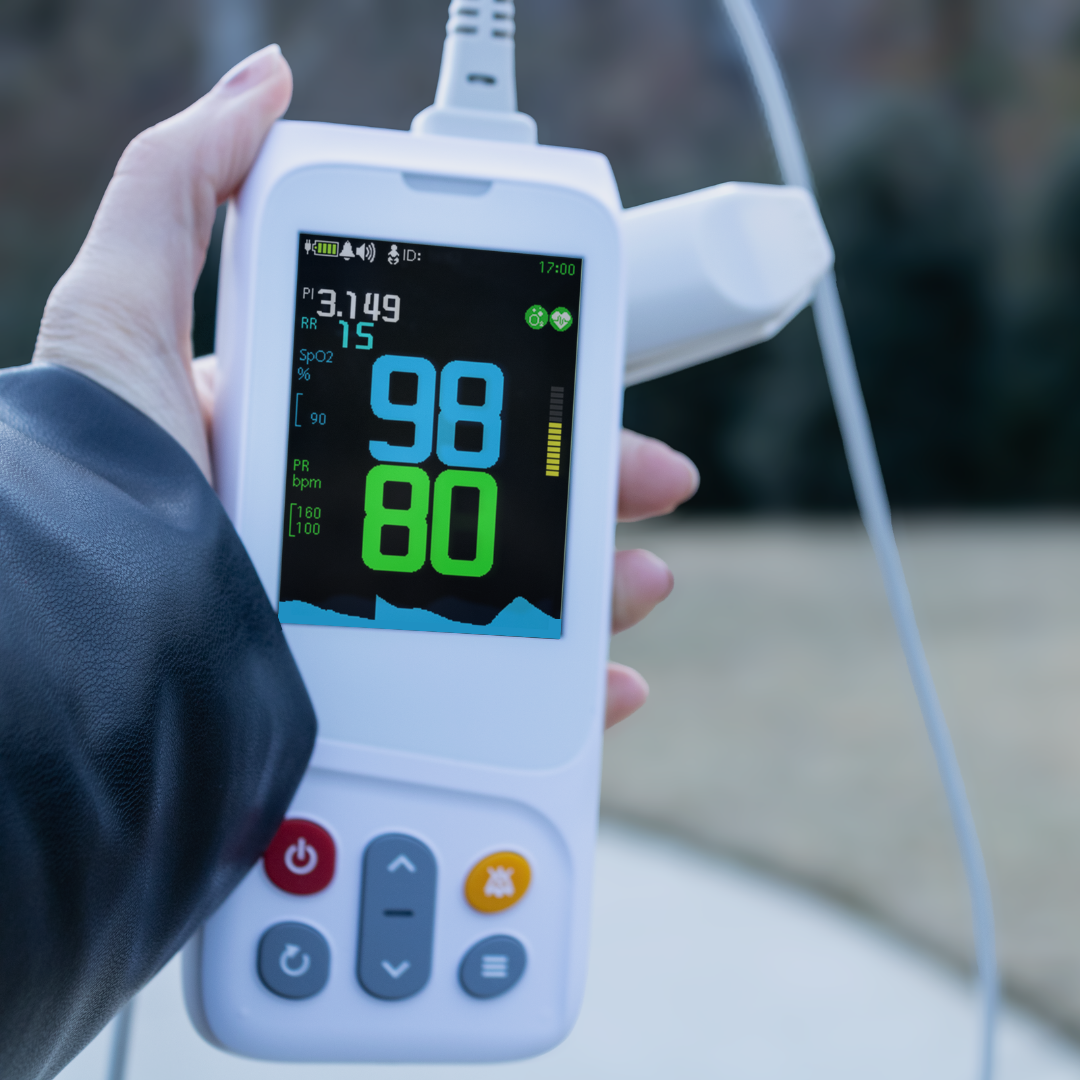
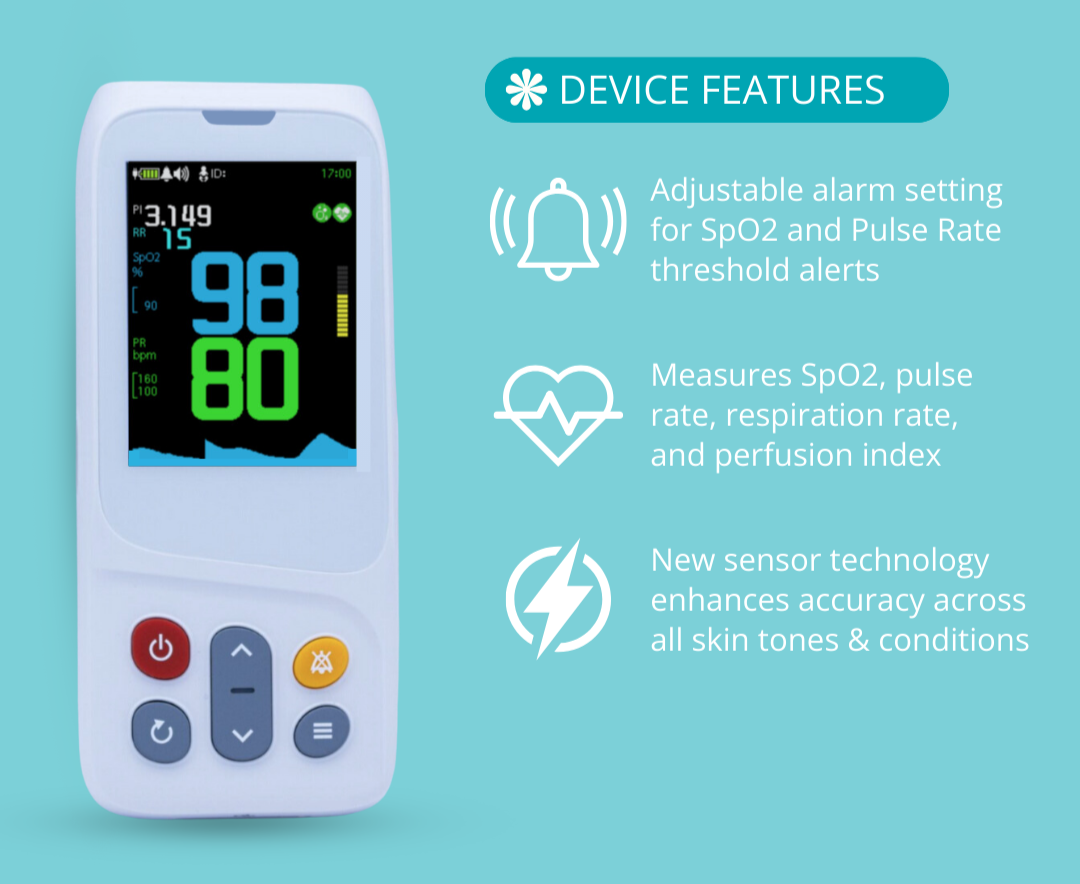
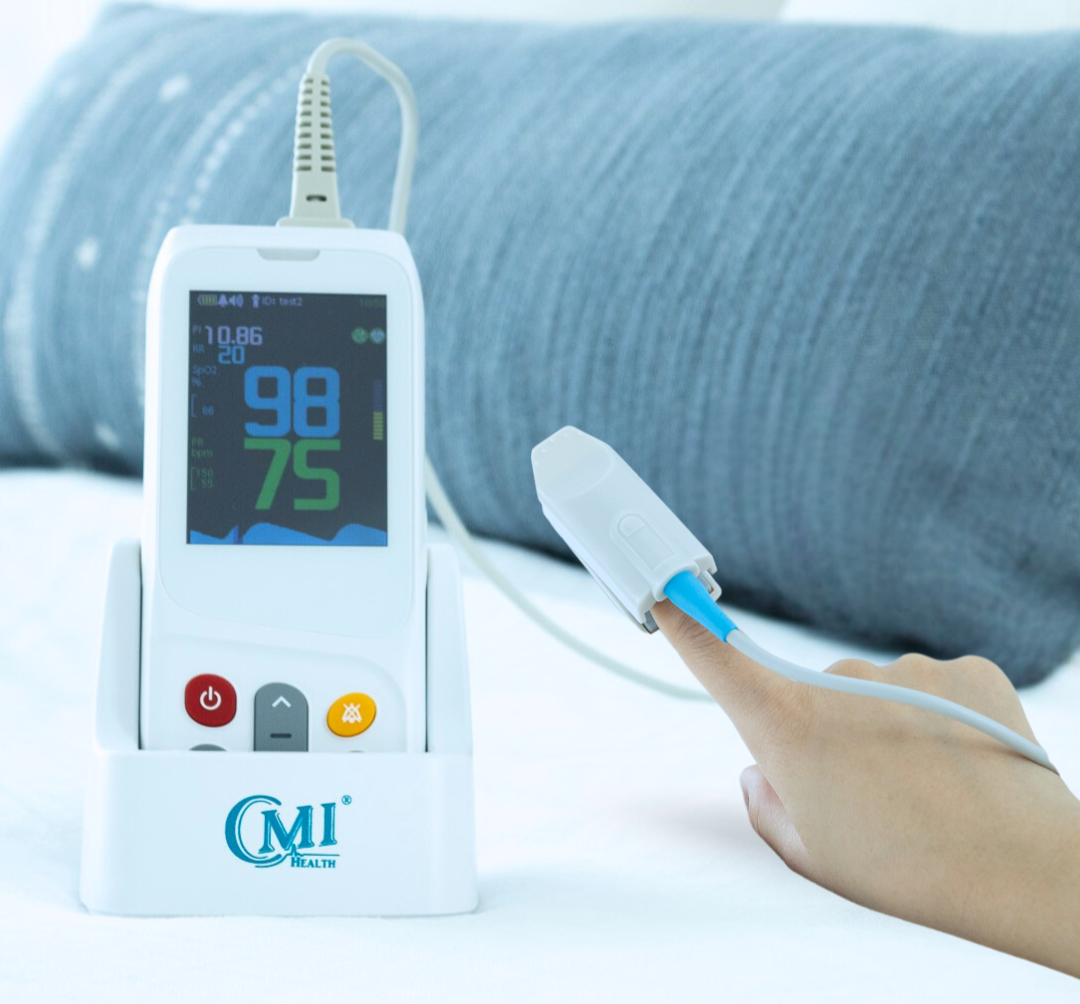
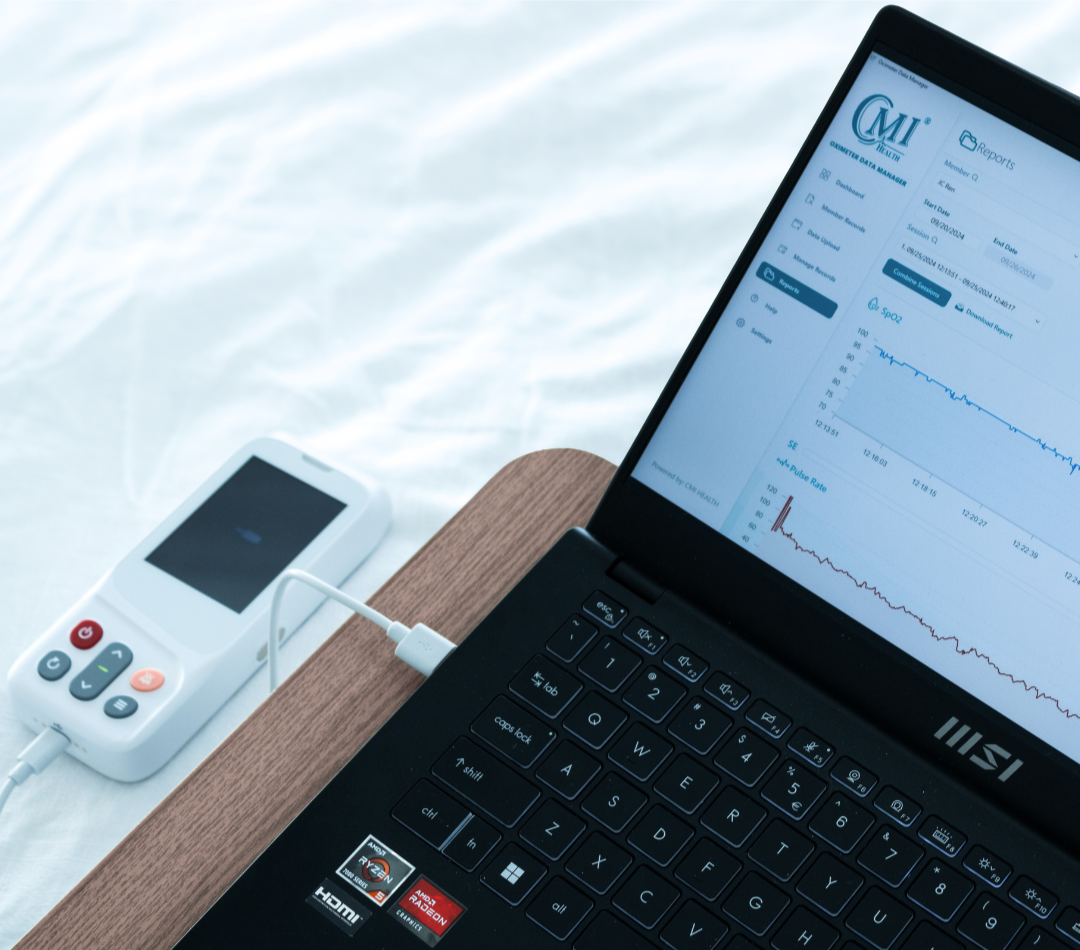
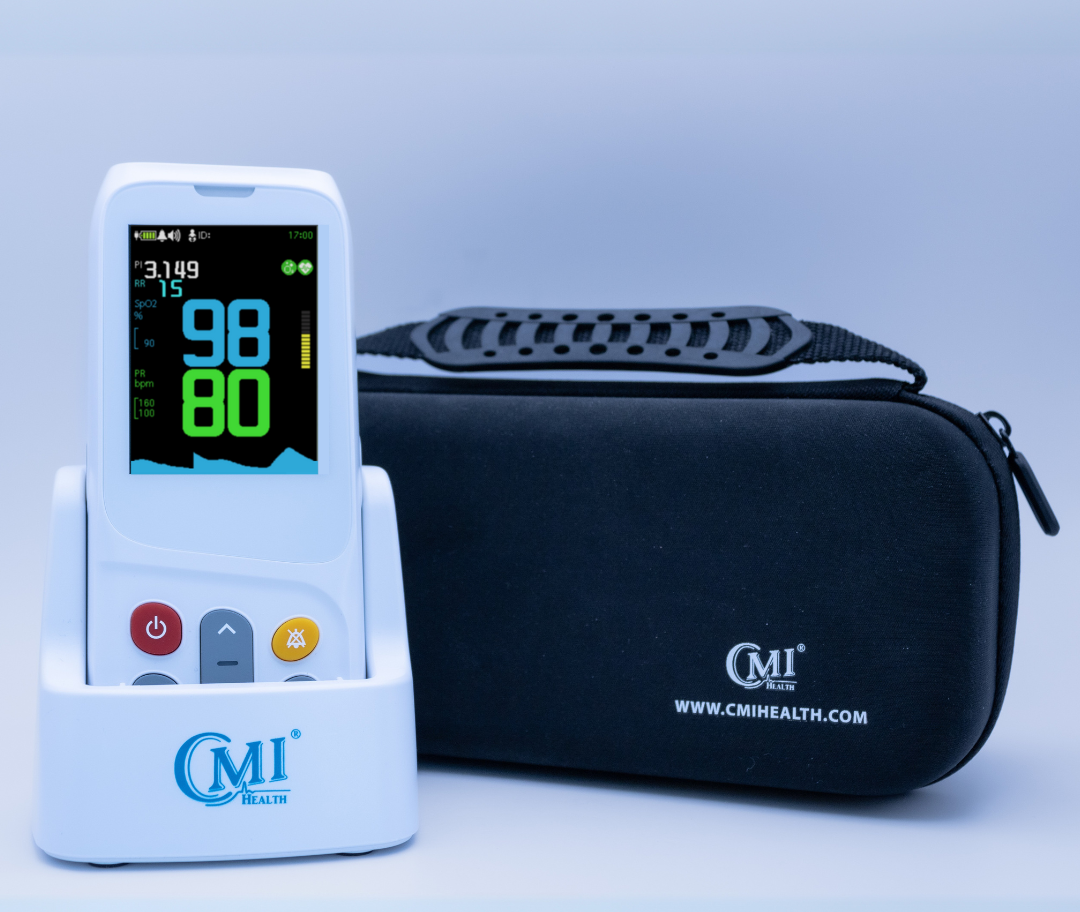
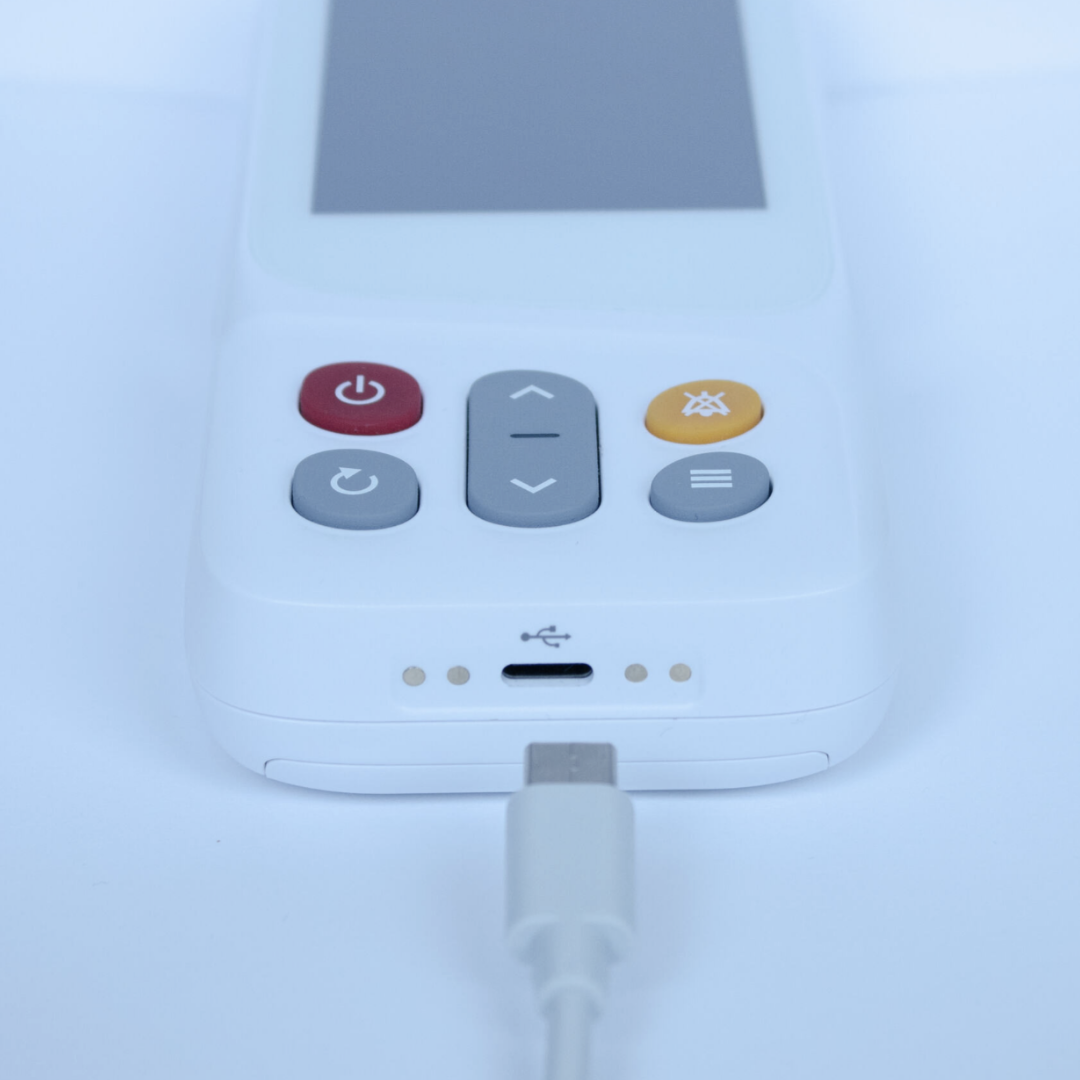
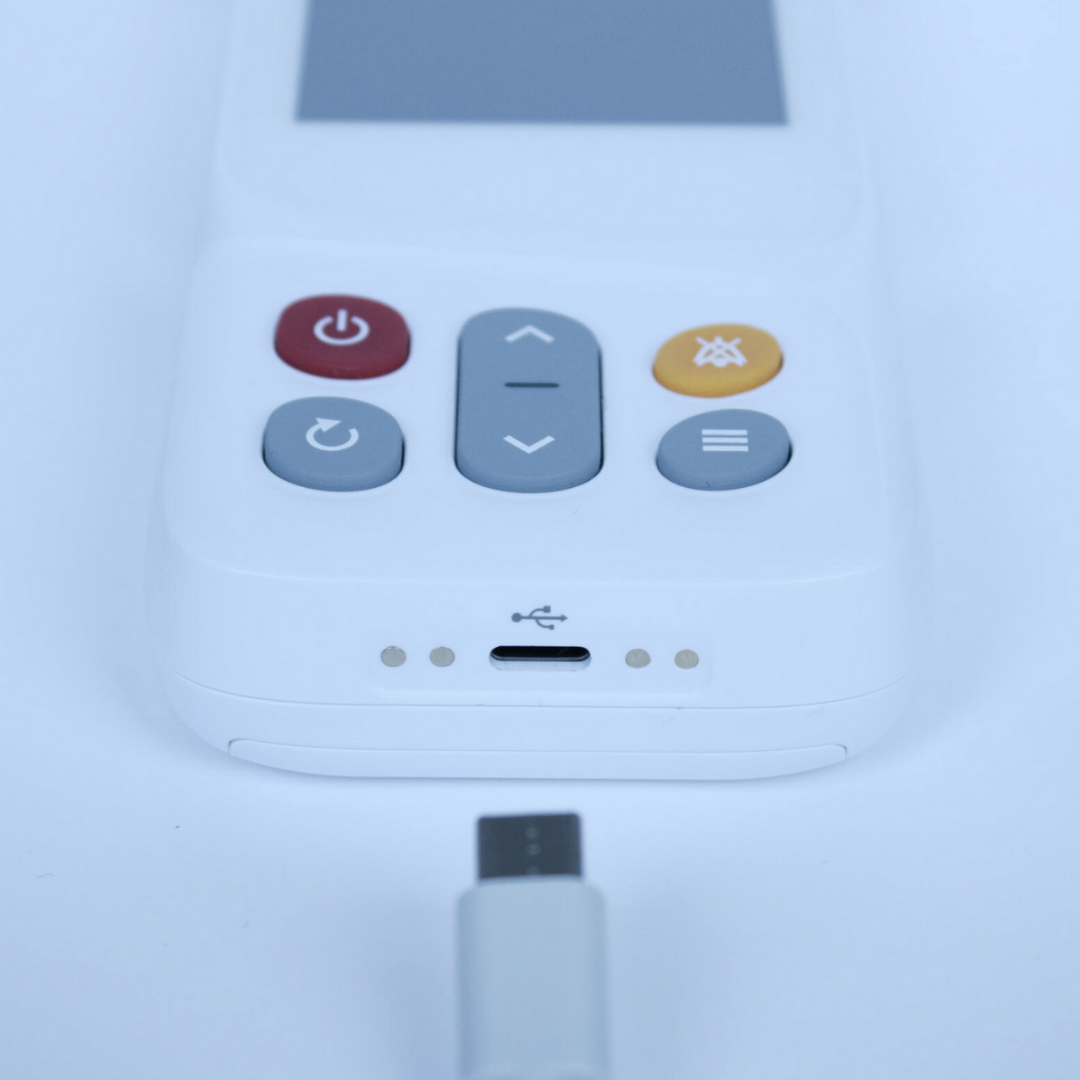
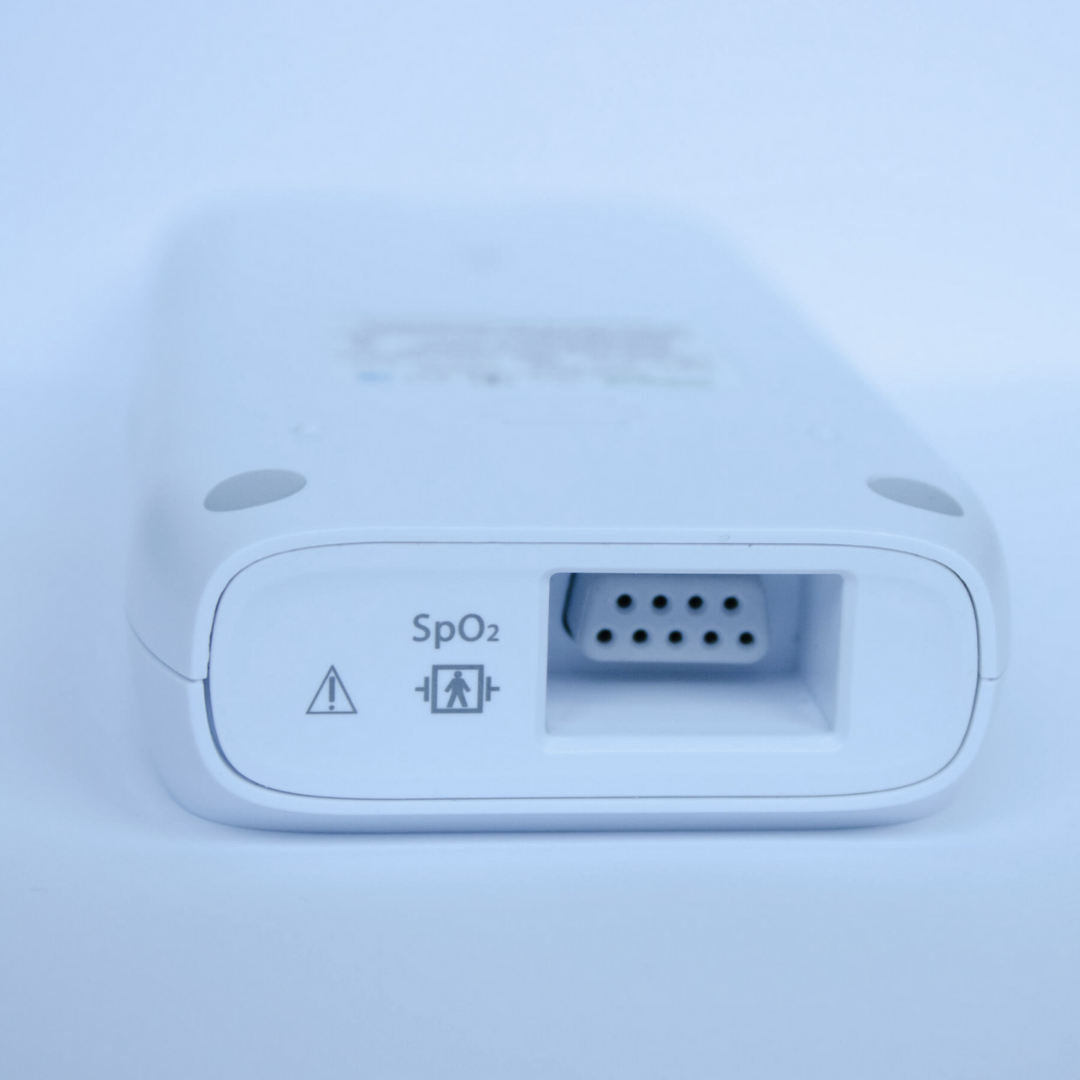
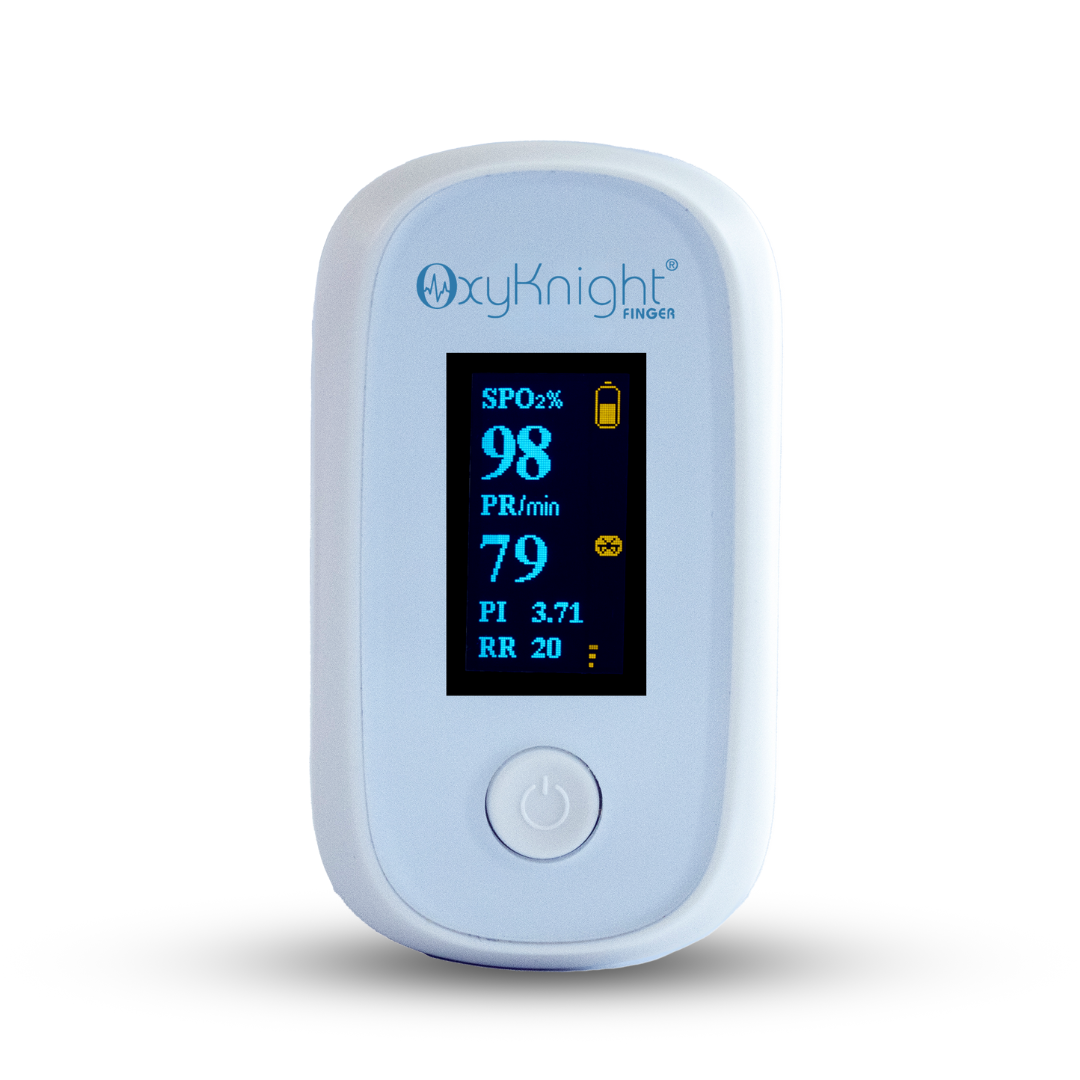
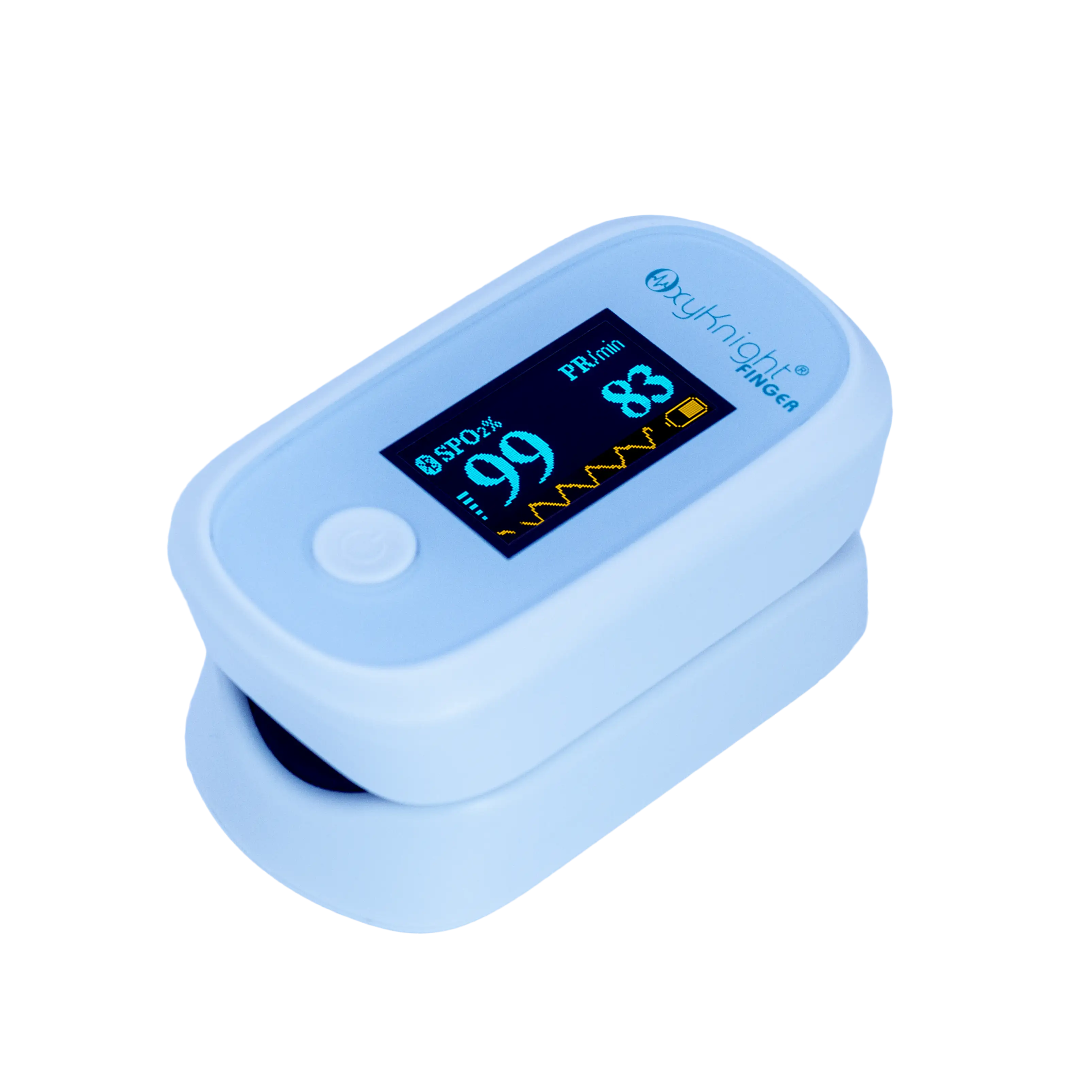
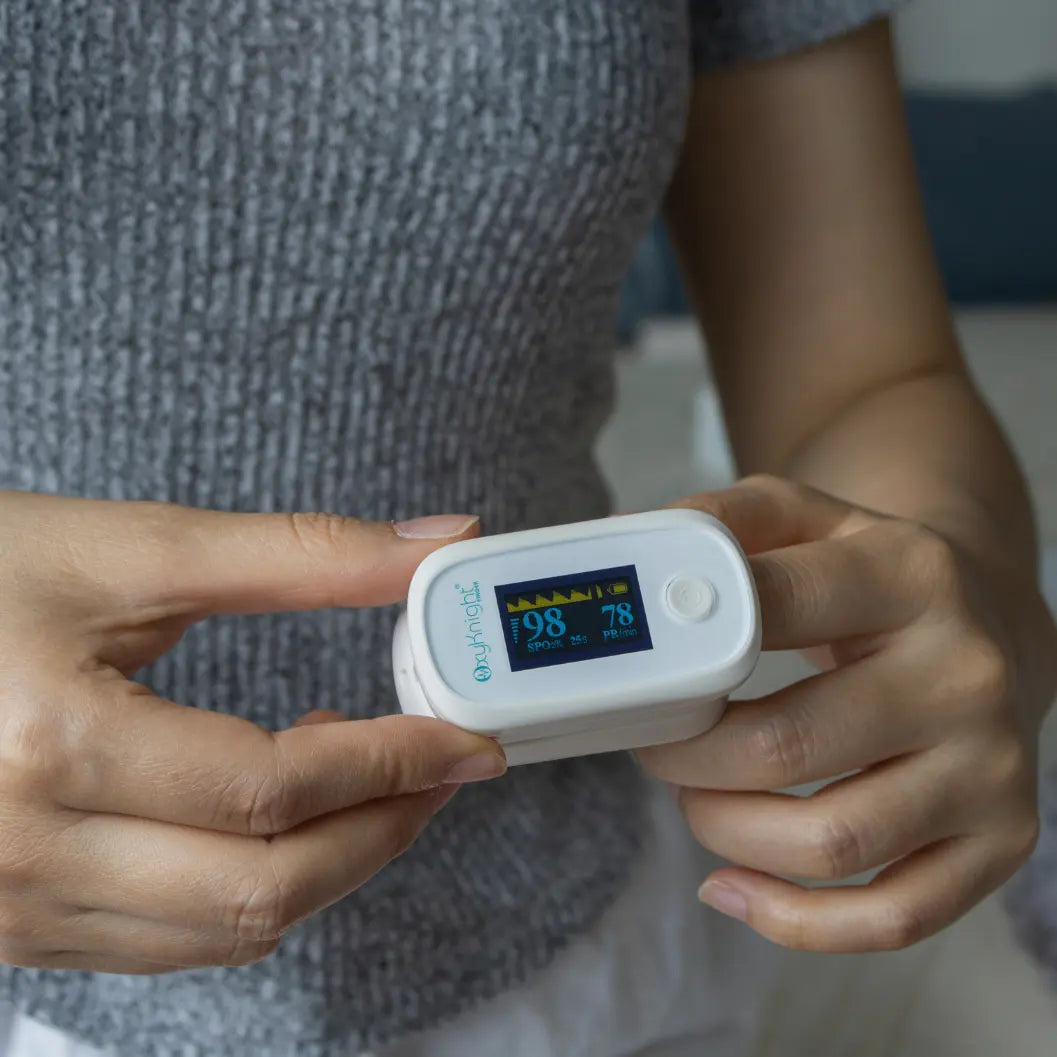
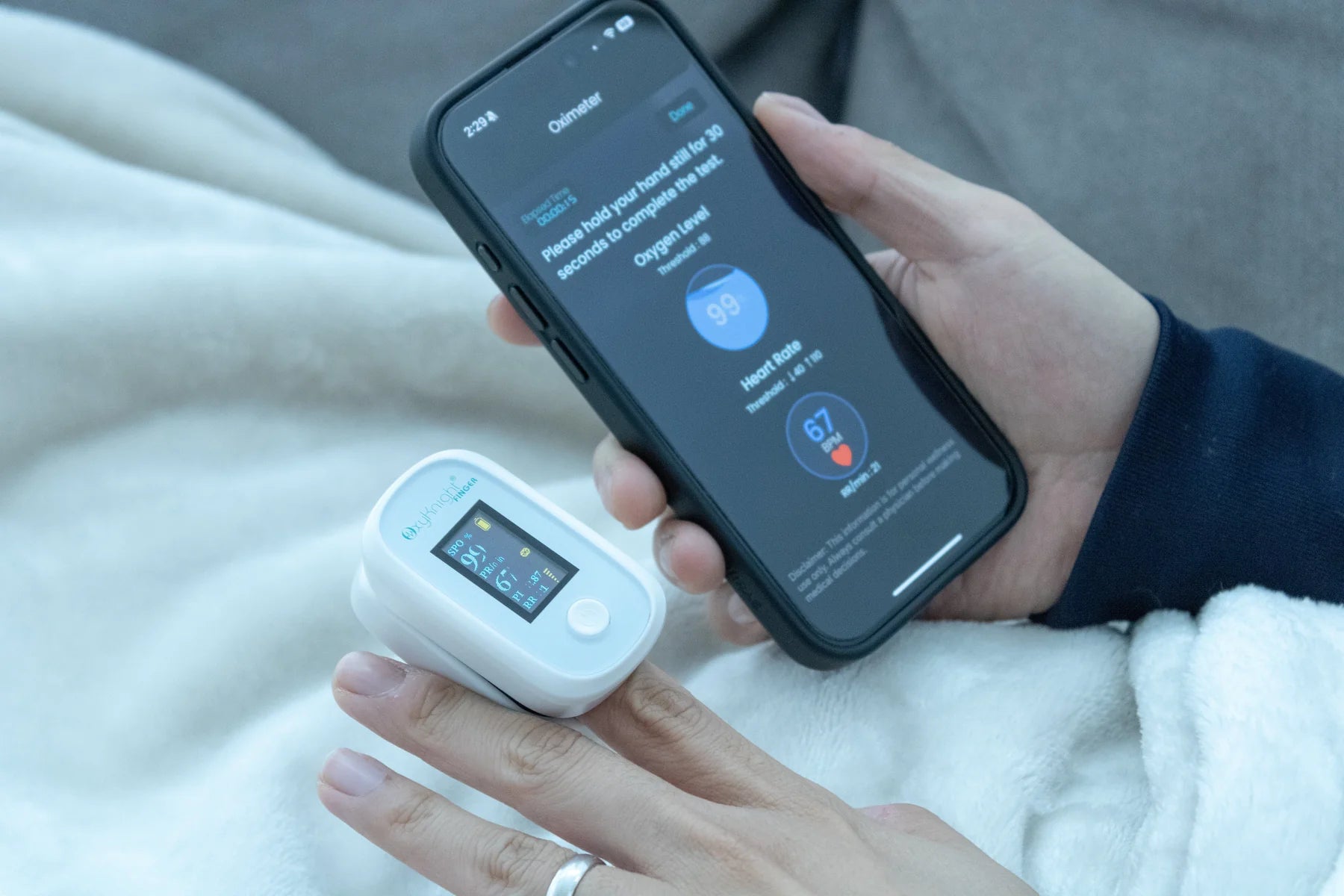
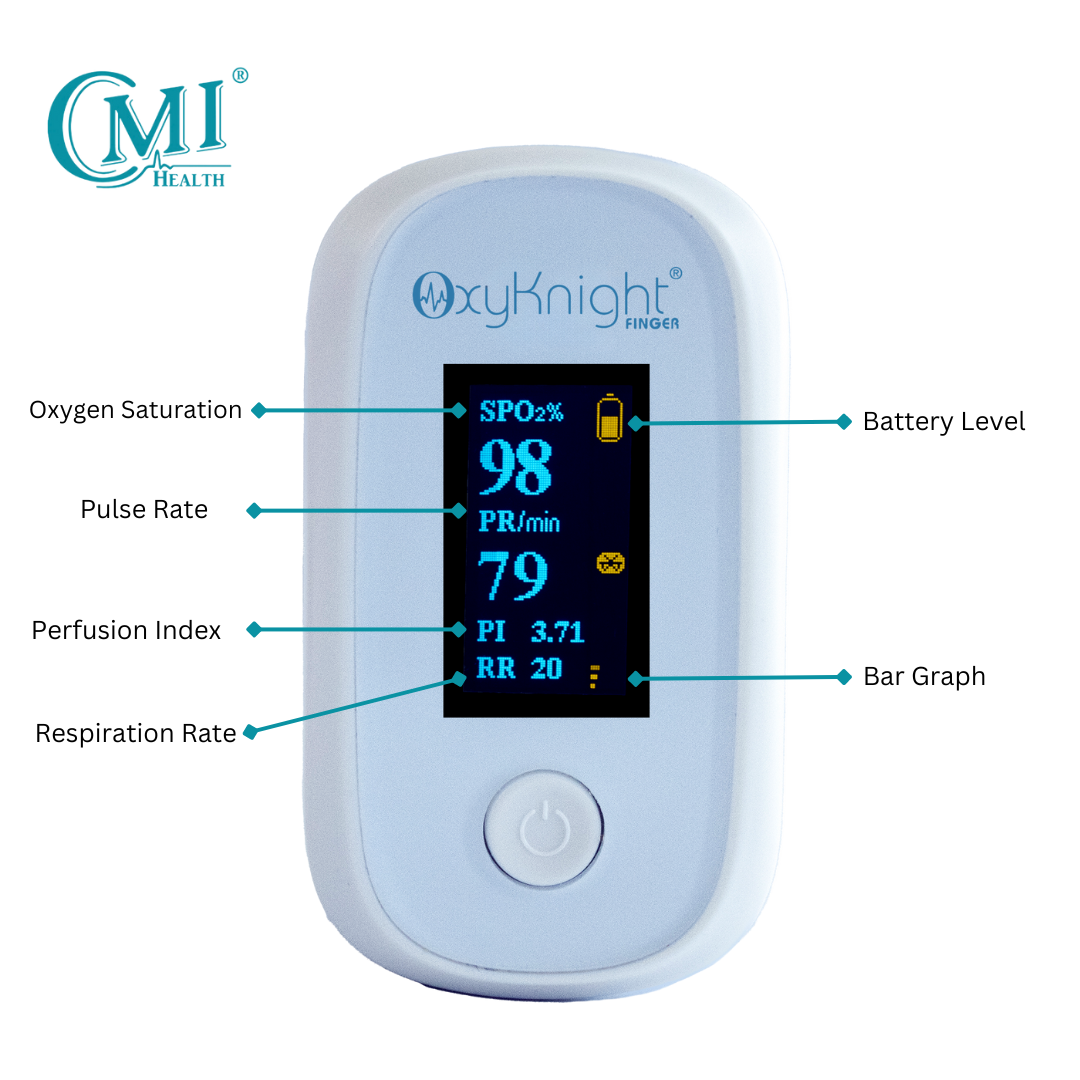
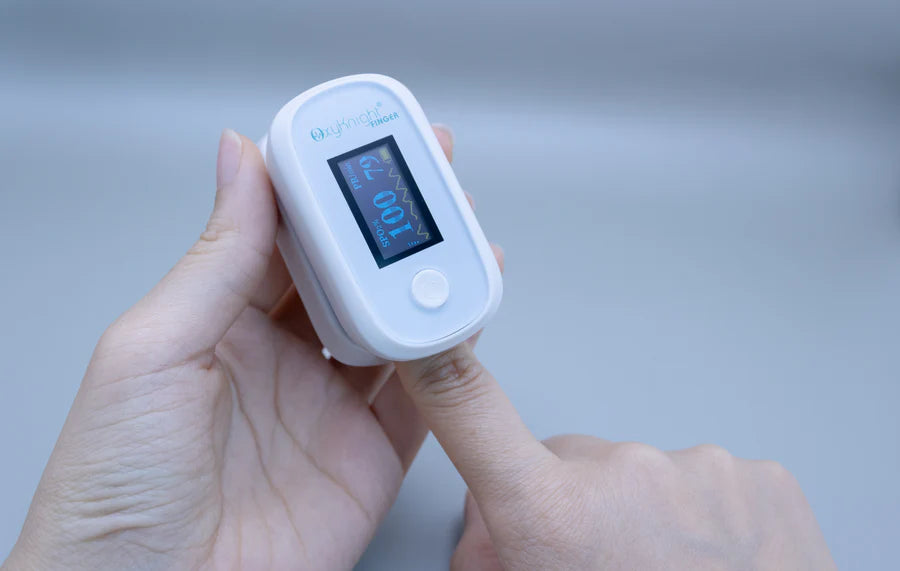
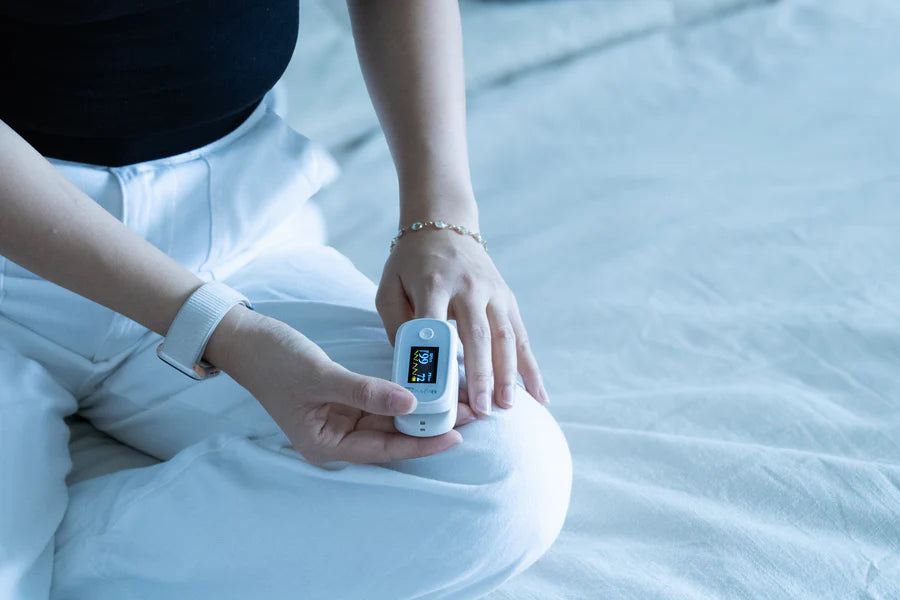
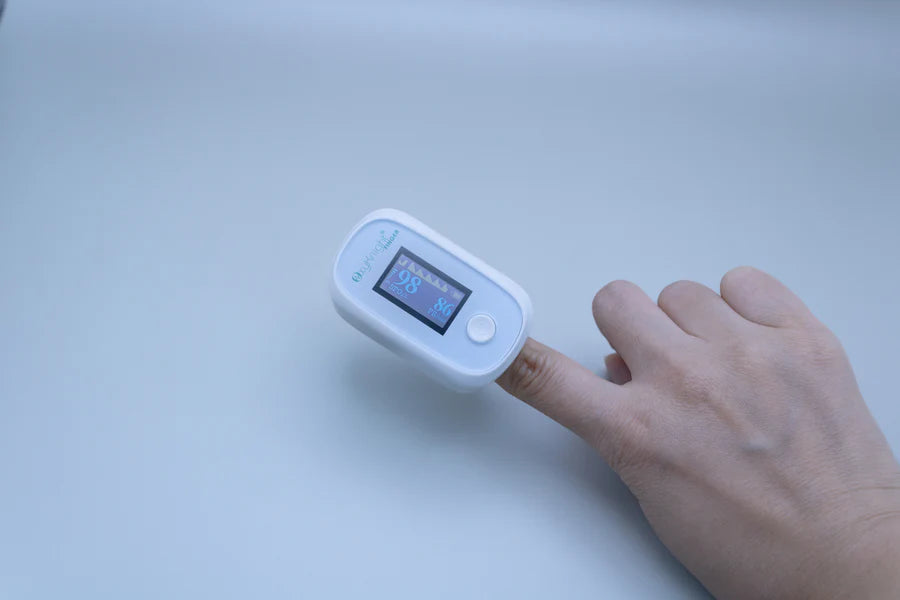
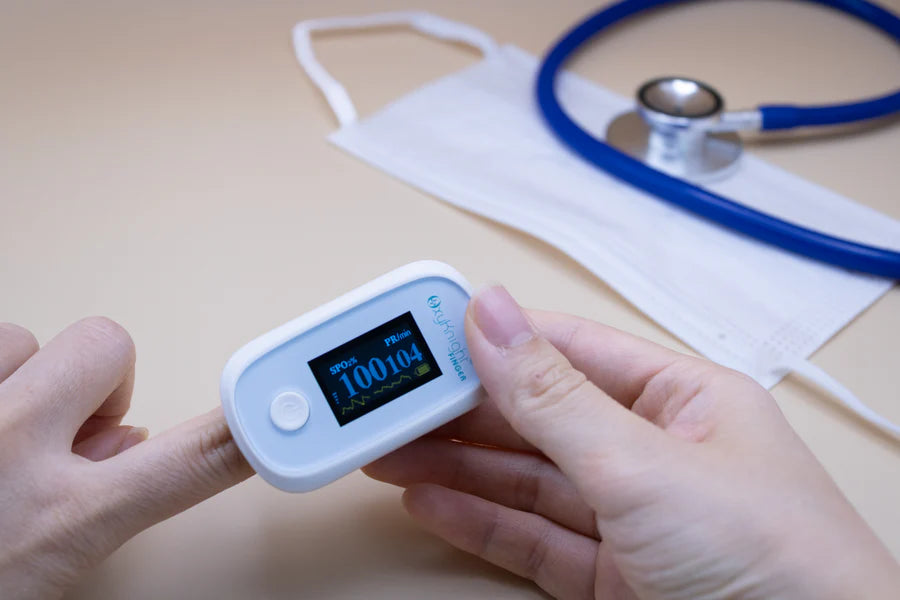
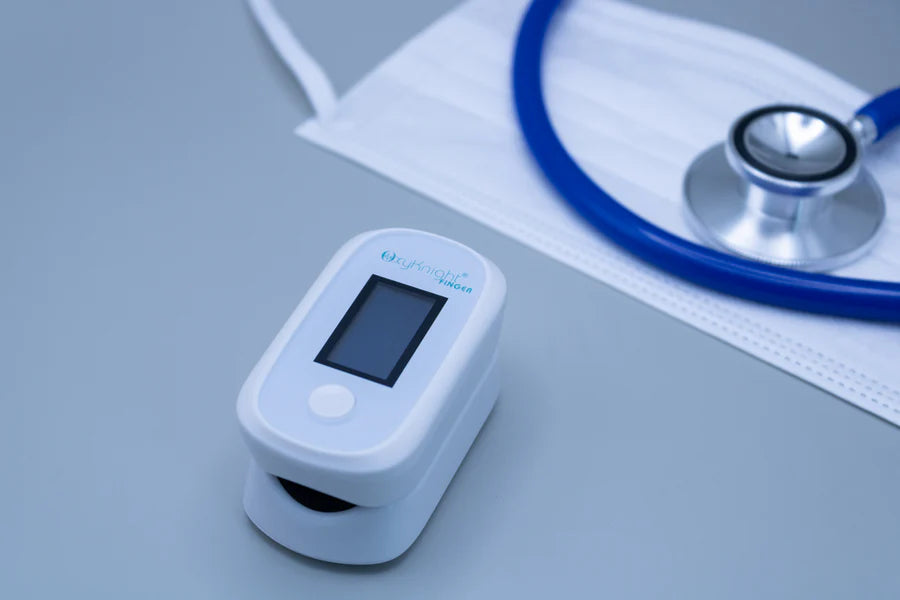



Leave a comment